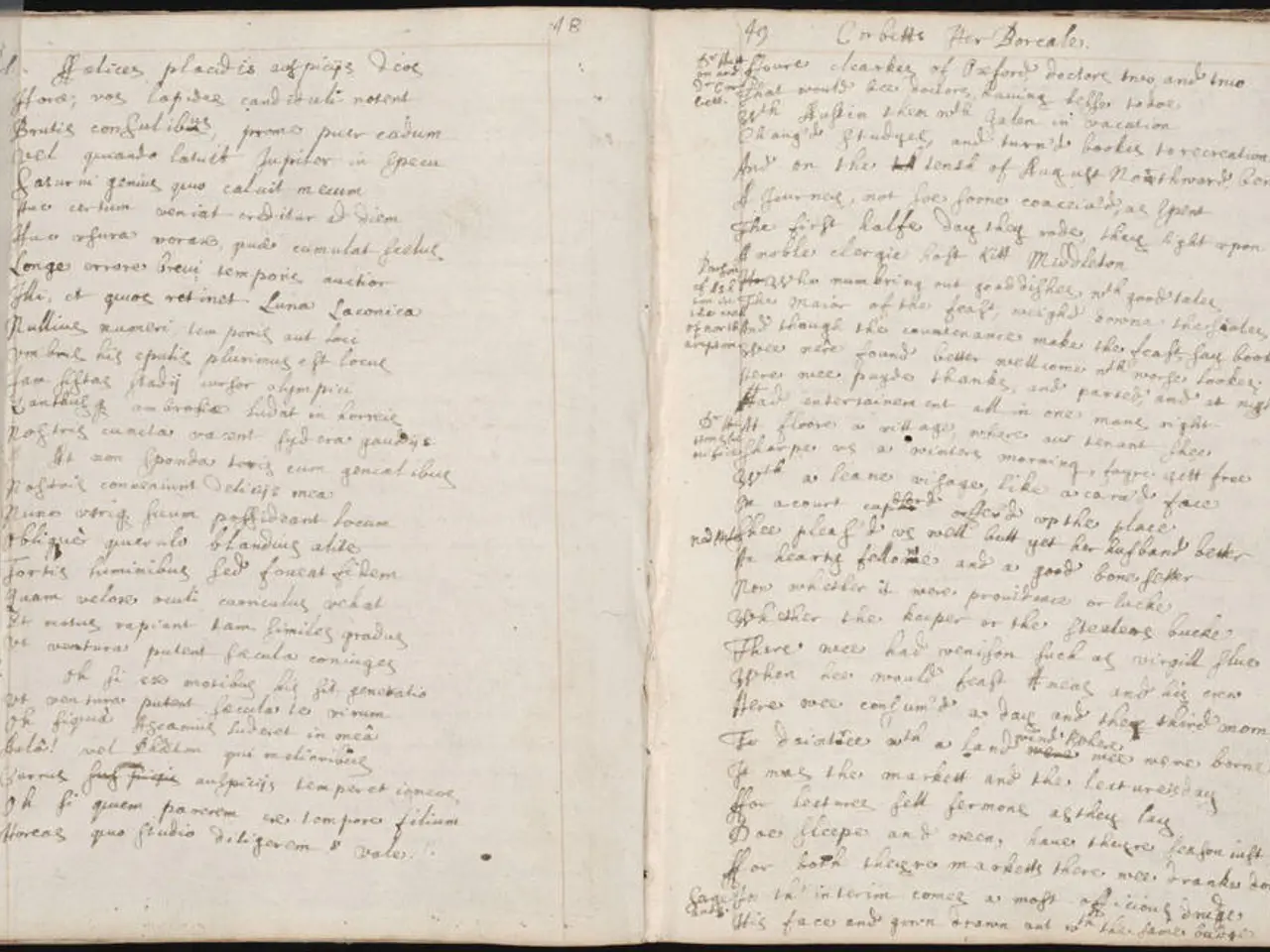Women in Cinema: Insights from the Bechdel Test
In the realm of cinema, the Bechdel Test has become a popular tool for examining the portrayal of women in films. This simple yet effective evaluation method was created by graphic novelist Alison Bechdel in 1985 and gained prominence among online feminist communities in the 2000s. The test requires a movie to have at least two named women who engage in a conversation that is not solely about men.
Despite its widespread use, the Bechdel Test has faced criticism for setting a low bar for assessing the quality of female character portrayals. Critics argue that it oversimplifies the complexity of gender representation in cinema.
Many classic movies from the Hollywood studio era, including "Casablanca" (1942), "King Kong" (1933), "Citizen Kane", and "The Lord of the Rings: The Fellowship of the Ring" (2001), fail the Bechdel Test. "Casablanca", for instance, features numerous dialogues between men but lacks any conversation between only female characters.
The American Film Institute (AFI) ranked "Casablanca" as the most quotable movie in the history of American cinema, with six of its lines appearing in their list of the 100 greatest movie quotes. However, the data from the excerpts does not provide a definitive number of AFI's 100 Years... 100 Movie Quotes (2005) movies that pass the Bechdel Test. Additional research would be needed to determine this.
Out of AFI's list of the top 100 American movies released from 1916 through 2001, 70 films fail the Bechdel Test. Among those that pass are "Stella Dallas" (1937), known for its strong mother-daughter relationship, as well as "Some Like It Hot", "Goodfellas", "Mean Girls", "Mad Max: Fury Road", and the 2022 release "Jurassic World: Dominion". "CODA", which won three Academy Awards in 2021, also passes the Bechdel Test.
However, even movies that put women front and center can fail the Bechdel Test. For example, "Thor: Ragnarok" (2017) falls short, as do many others. Martha Lauzen, the founder and executive director of the Center for the Study of Women in Television and Film at San Diego State University, argues that the Bechdel Test sets the lowest possible bar for assessing the quality of female character portrayals.
As we continue to discuss and evaluate the representation of women in cinema, the Bechdel Test serves as a useful starting point. However, it's important to remember that it should not be the only tool used for analysis. A more comprehensive understanding of gender representation in film requires a nuanced approach that takes into account a variety of factors.
- To delve deeper into the portrayal of women in film, it's crucial to consider factors beyond the Bechdel Test, such as education and self-development, policy and legislation, and politics within the industry.
- Online education platforms can play a significant role in promoting gender equality by offering courses on female filmmakers, feminism, and women's studies in cinema.
- As we evaluate Hollywood's progress in debunking gender stereotypes, general news outlets and entertainment magazines can provide valuable insights into emerging trends and discussions surrounding representation.
- A more nuanced approach to analyzing women's representation in movies and TV includes examining the complexity of characters, the portrayal of relationships, and the depiction of women in leadership roles – aspects that surpass the limitations of the Bechdel Test.




